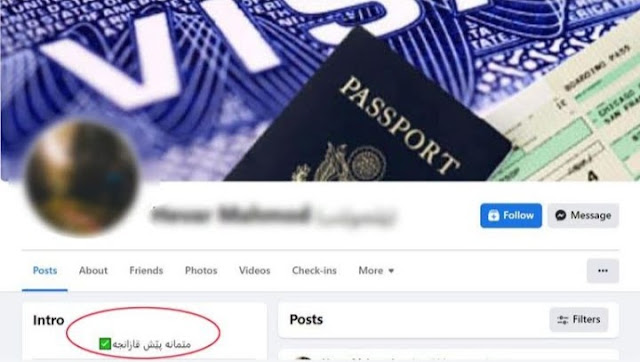Reasons for Channel Migrant Crossings
In spite of this, the governments of France and England respond with apathy. After the tragedy, French Maritime authorities asserted they were "not aware this boat was in difficulty prior to the alert raised by a fishing vessel." However, according to French newspaper Le Monde, phone bills collected from survivors during police investigation confirmed that they were calling French authorities for help. The UK Home Office rejected claims that they failed to respond to the sinking boat because it was not on British waters.
This refusal to accept responsibility speaks levels of the lack of consideration France and England show toward a refugee’s health and safety. It’s understandable then, why migrants take matters into their own hands and pursue alternate, illegal options of smuggling. In the following, I interrogate these causes to better understand the restrictive situations migrants are forced into.
The Immigration Policies of France and England
France and England approach the issue of migration differently, due to their individual political systems and histories. France’s political left and right have not come to a consensus on how to handle the issue of migration and so have left laws unchanged since the efforts of previous Prime Minister, Lionel Jospin. Jospin, in 1998, created a special status for migrant scientists and scholars to enter and diminished its formerly high criteria foreigners had to meet to enter France. Yet, this law is still unforgiving for migrants who don’t have a ‘special status’, visa or carrier sanctions and it contributes to criminalizing transmigration and increasing demand for smuggling networks.
The UK’s immigration system is as ambiguous; to enter into the UK, immigrants have to obtain visas and there are a wide variety of visas available to accommodate people's individual situations, like their intentions, duration of stay, family/friends etc. These conditions change contingent on the global association a person is from, such as the Commonwealth or the EU. Visas are distributed from British Embassies located in a person’s native country, but this can be difficult for migrants who originate from war-torn countries and are unable to access destroyed British Embassies. Couple this with expensive lawyer, visa and travel fees and it becomes clearer as to why so many pay a lump sum to smuggle into a country.
Human Smuggling
Human smuggling is the illegal transportation of people - usually against their will or under false pretences - across international borders. To successfully (and dangerously) pirate people from France into England, smugglers take advantage of modern technology; migrant fear of persecution and the geography of France’s western coastline.
Firstly, smugglers exploit modern technology; using social media platforms like Facebook, smugglers advertise their deceivingly simple ‘deals’ to vulnerable migrants and do so with professional (-looking) cover photos, illusive pictures and clickbaity posts. It aims to entice endangered migrants, which, considering the nearly 800-person membership to Facebook groups like ‘Smuggling to Europe with a guarantee’ or the wide traction posts get offering purchasable British passports, it's clear these tactics are working.
Another aspect that plays into a smuggler's favour is immigrant fear. When people pursue smuggling options, the fees can be expensive with smugglers charging migrants between £2,250-£30,000. Migrants usually nominate a family member/friend back home to pay for them while they travel, but these nominees can be exploited by gangs in extortion. This weight of debt and responsibility burdens travellers mind because they fear that their nominee is being abused. This anxiety is exploited by smugglers who, with threats, can easily control their behaviour.
The mental strain migrants go through, worried for their families safety and anxiety of persecution, means they become unapproachable, cut off from the help and support law enforcement could have given them. It also means a smuggler’s identity remains hidden, safeguarded by a migrant's unwillingness to talk to police thus allowing the illegitimate trade to continue.
Lastly, a surprising factor that is advantageous to smugglers is the convoluted geography of France's west coastline. Smugglers dispatch migrants across a wide strip of French coastline, stretching from Dunkirk and past Calais. This area is diverse with dunes, foliage and bunkers left from World War Two - all potential lairs for migrants and smugglers to hide in when fleeing law enforcement.
Additionally, this broad expanse of land provides ample opportunity for smugglers to expand their network. If patrols intensify their resources to Calais and Dunkirk, smugglers can move to the northern Belgian border or the River Somme and continue dispatching there. Smugglers profit off the long strip of France’s coastline because it allows them to diversify routes, establishing new routes when others have been seized. It also dilutes the resources of law enforcement, because patrols have to accommodate their men, surveillance cameras and high-security fencing to a wider terrain of land, making them more likely to miss migrant crossings.
The constraints European policies have on migration result in ways of entry being criminalized, and unless there is an overhaul to the immigration system - one that instead accommodates the needs of immigrants and not a nation - it seems that the tragedies of migrant drownings may well continue.




Comments
Post a Comment